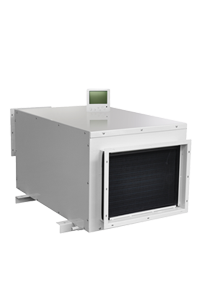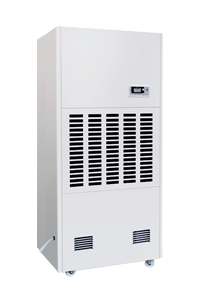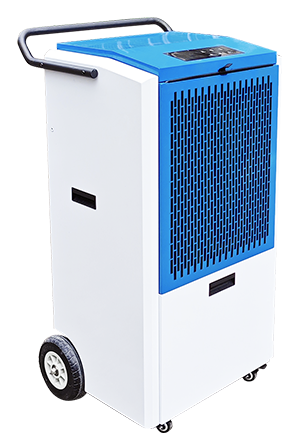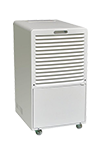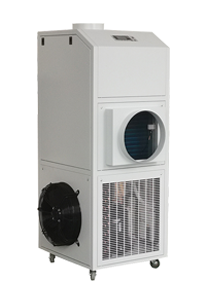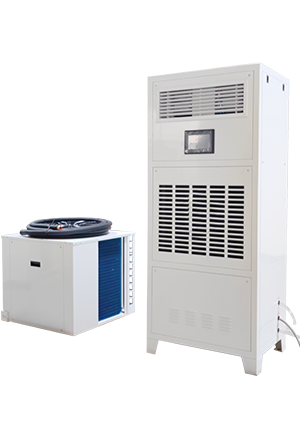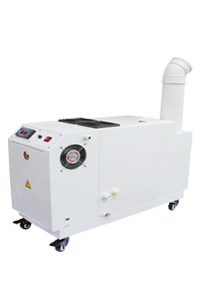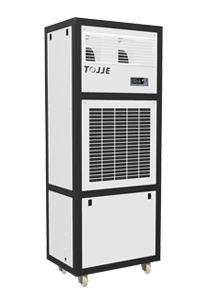News
In the process of milk powder production, the control of workshop humidity is crucial. Milk powder is a powdered product that is easily affected by moisture, so specific environmental conditions must be maintained during production and storage. Humidity control, especially in filling and packaging, directly affects the quality and production efficiency of milk powder.
Overview of milk powder production process:
The production process of milk powder usually includes the following steps: acceptance, pretreatment, standardization, homogenization, heat treatment, vacuum concentration, spray drying, cooling, screening, packaging and final boxing and warehousing of raw milk. Since milk powder itself is a dry product, the production and storage environment must be kept dry to prevent moisture from affecting the product.
In particular, the bare powder process (such as feeding, batching, premixing, packaging, etc.) that is in direct contact with air must be carried out in a clean working area. The temperature and humidity of the clean working area need to meet the production requirements of powdered milk powder. Generally, the ambient temperature should not exceed 25°C, and the relative humidity should be lower than 65% RH to ensure that the quality of milk powder is not affected by moisture.
Effect of humidity on milk powder production:
Humidity has a significant impact on milk powder production, especially in the later stage of production - packaging stage. If moisture in the air enters the milk powder, it may cause the milk powder to absorb moisture and agglomerate, thus affecting the quality of the milk powder and even shortening its shelf life. In addition, moisture will also have an adverse effect on milk powder conveying equipment. Wet powder is easy to clog the equipment, increase the cost of cleaning and maintenance, and reduce production efficiency.
Rotary dehumidification technology:
In order to effectively control the humidity of the workshop, the rotary dehumidifier is an ideal technical solution. It can efficiently remove moisture from the workshop and accurately control the humidity, thereby ensuring the stability of the environment during the production process and avoiding the impact of humidity fluctuations on production and product quality. By using a rotary dehumidifier, enterprises can provide stable humidity control for the production environment, help ensure product quality and improve production efficiency.
In addition to being widely used in milk powder production workshops, rotary dehumidifiers are also used in many industries such as medicine, chemical industry, pharmaceutical workshops, cold storage, blood banks, etc. Its efficient dehumidification capacity, simple operation method and stable operating performance make it an ideal equipment for humidity control in various industries. The rotary dehumidifier can not only ensure product quality, but also reduce equipment maintenance costs, improve production efficiency, and provide enterprises with safer and more economical production guarantees.
Summary:
Correct humidity control is an important part of the milk powder production process. The use of advanced rotary dehumidification technology can effectively deal with the problem of excessive humidity and avoid the negative impact of moisture on product quality and production equipment. Dongjing rotary dehumidifier provides an efficient humidity control solution for milk powder and other powder workshops, which helps to improve product quality and ensure production efficiency. Through precise humidity control, enterprises can improve production efficiency while ensuring product quality, and ultimately provide guarantees for the long-term stable development and economic benefits of the enterprise.

